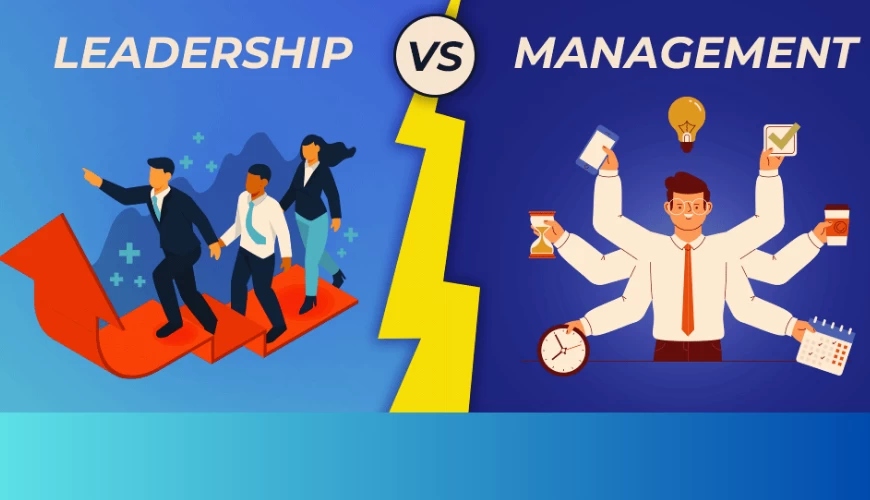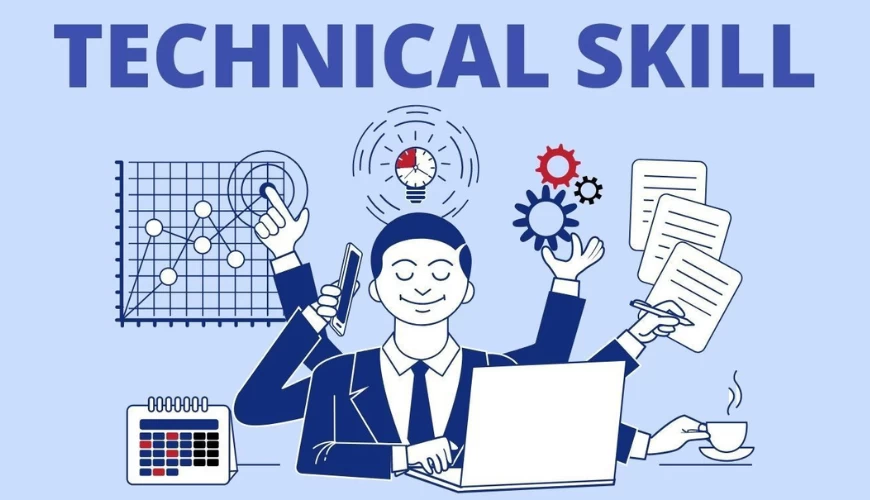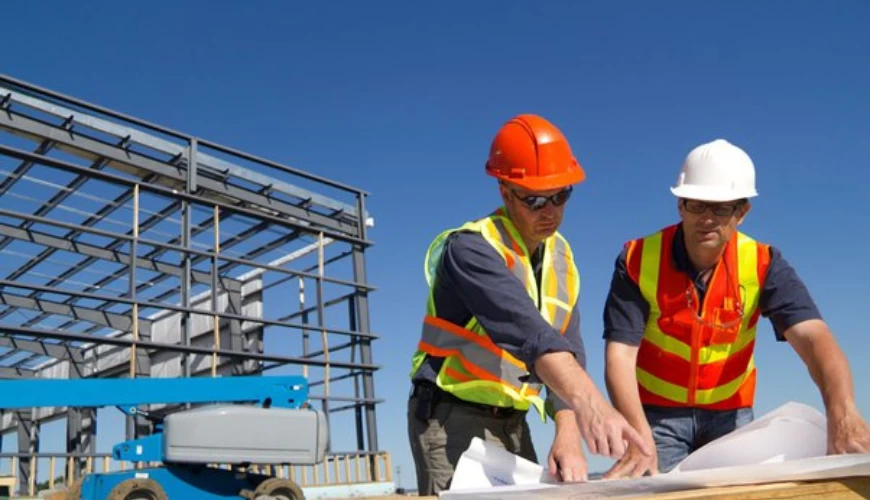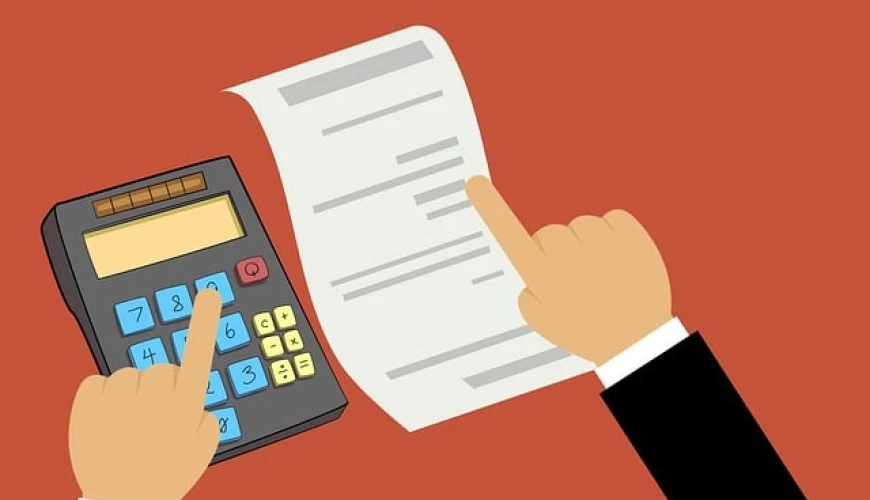Did you know that, according to the Report on the Importance of Trainer Qualifications in VET, 87% of learners say a qualified trainer is crucial for a positive training experience? That's right! When it comes to maintaining standards for Registered Training Organisation (RTO) in Australia, having top-notch trainers and assessors is like having the dream team.
However ensuring your trainers and assessors meet the mark can feel overwhelming. That's where ASQA (Australian Skills Quality Authority) comes in. ASQA plays an important role in regulating vocational education and training, setting the standards for quality trainers and assessors across the country.
This blog will be your one-stop guide to finding ASQA requirements for trainers and assessors.
Why Qualified Trainers and Assessors Matter for RTOs
Let's face it, in the world of RTOs, your trainers and assessors are your main teachers. They're the ones guiding students, imparting knowledge, and ultimately shaping future careers. But here's the thing, you need the right talent to create a masterpiece. That's where qualified trainers and assessors come in – they're the secret to a successful RTO.
So, why exactly are qualified trainers and assessors so crucial? Here's a breakdown of the key reasons:
Student Success Starts with Strong Foundations: Imagine a student trying to learn guitar from someone who's never picked one up. Not ideal, right? Qualified trainers possess the in-depth industry knowledge and practical skills to effectively deliver course content. This ensures students receive a solid foundation and develop the competencies they need to thrive in their chosen field.
Building Your RTO's Reputation: When learners receive quality training and assessment from qualified instructors, they're more likely to leave positive reviews and recommend your RTO to others. This means attracting new students as a trusted provider of vocational education training.
Meeting ASQA Standards for Quality: ASQA sets the national benchmark for quality education training in Australia. Having qualified trainers and assessors is not just a recommendation; it's a requirement! These qualifications ensure your RTO adheres to ASQA's standards for effective training and assessment practices, and overall student experience. Users' Guide to Standards for RTOs|Australian Skills Quality Authority (ASQA)
Knowledge Transfer: The best trainers aren't just delivering lectures. They can translate complex information into clear, engaging learning experiences. Qualified trainers and assessors skill can remove the gap between theory and practice, ensuring students not only grasp the knowledge but also develop the practical skills to apply it in the real world.
Requirements of ASQA Trainer and Assessor for RTO
Now that we've acknowledged the role of skilled trainers and assessors in a successful RTO's training and assessment, let's take a closer look at ASQA's specific qualification requirements.
Here's a breakdown of the key areas to consider:
1. Formal Qualifications:
ASQA sets a minimum qualification level for trainers and assessors based on the complexity of the delivered training. A good starting point is the ASQA Users' Guide to Standards for RTOs. This document outlines the specific qualifications required for different training areas.
For an even clearer picture, consider checking out the WA Government's Fact Sheet on Delivery of Training and Assessment Qualifications. It provides a proper qualification pathway for trainers and assessors.
2. Industry Currency:
ASQA emphasizes the importance of "current industry skills". This means your trainers and assessors need to stay up-to-date with the latest industry strategies and practices, and the formal training they deliver. What are the current requirements for trainers and assessors about qualifications, vocational competencies and professional development? | Australian Skills Quality Authority (ASQA)
Here are some ways to ensure your trainers and assessors maintain industry currency:
Regular industry engagement: Encourage them to participate in industry events, conferences, or networking opportunities.
Workplace visits: Having trainers and assessors professionals in relevant workplaces can be incredibly valuable.
Professional development courses: Norton Institute, for instance, offers a range of courses specifically designed to help trainers and assessors stay current with industry best practices.
3. Training and Assessment Skill Set:
It's not just about knowing; it's about effectively providing that knowledge to students. Trainers and assessors need a solid understanding of adult learning principles and an effective training environment. Additionally, they should possess strong assessment skills to accurately evaluate student competency.
Maintaining Trainer and Assessor Competency for RTO
Staying in top form requires ongoing practice and development. Here's how to ensure your team maintains their competency and keeps delivering exceptional training packages:
1. Embrace Professional Development:
The world of work is constantly evolving, and staying ahead is necessary. ASQA emphasizes the importance of ongoing professional development for trainers and assessor requirements.
Here are some professional development avenues to consider:
Courses and workshops: Many organizations offer courses specifically designed to enhance trainers' and assessors' skills in areas like TAE, Trainer Assessor Course: TAE40122 Certificate IV in Training and Assessment, Diploma of Training Design and Development, and Diploma of Vocational Education and Training. Consider Norton Institute for trainers and assessors!
Industry conferences and events: Attending industry conferences and events allows trainers and assessors to network with peers, learn about the latest industry developments, and gain valuable insights from experts.
2. Industry Engagement:
The best training courses reflect real-world scenarios. Here's where industry engagement becomes crucial. By staying connected with the latest industry practices, your trainers and assessors can ensure their training product is relevant and prepares students for success in their chosen fields.
Here are some ways to encourage industry engagement:
Workplace visits: Arrange for trainers and assessors to shadow professionals in relevant workplaces. This firsthand experience can be invaluable in understanding current industry practices and expectations.
Industry networking: Encourage trainers and assessors to network with industry professionals through online forums, industry associations, or attending relevant events.
ASQA sets the national standards for vocational education in Australia. Fulfilling these requirements isn't just a box-ticking exercise; it's a commitment as your RTOs must ensure high-quality training and education that helps students with the skills and knowledge required to thrive in their careers.
Here's the takeaway:
Compliance: Prioritizing ongoing compliance with ASQA requirements regarding trainer and assessor qualifications demonstrates your commitment to excellence. It reinforces your RTO's reputation for quality and positions you as a trusted provider in the vocational education landscape.
Invest in Your Team: By investing in your trainers' and assessors' professional development, you're investing in your RTO's future. Supplying them with the necessary skills and knowledge empowers them to deliver exceptional training and assessment services for your students.
Looking for Resources?
Here at Norton Institute, we understand the importance of supporting trainers and assessors in their ongoing development. We offer great quality of training and assessment, including courses specifically designed to enhance trainers' and assessors' knowledge and skills in areas like:
Effective Training Delivery: Learn engaging teaching methods, adult learning principles, and how to create a dynamic learning environment.
Assessment Techniques: Master the art of assessment, ensuring you accurately evaluate student competency and provide valuable feedback.
So, are you ready to build a winning team for your RTO to thrive?
Let's chat about how Norton Institute can help!
FAQ
How does Asqa affect how trainers and assessors do their duties?
Answer: Under the Standards, each trainer and assessor must have occupational abilities equivalent to the level being given and assessed.
How can a trainer and assessor demonstrate their current industrial skills?
Answer: To show current industry abilities, consider the following activities: Participation in Relevant Professional Development Activities: A trainer and assessor might speak with these industry associations to learn about suitable development programs to attend.
What distinguishes an excellent trainer assessor?
Answer: As a trainer and assessor, clarity of judgment is critical. Trainers and assessors must be confident in their decisions, as uncertainty removes authority and trust.
What are the trainer assessor's responsibilities?
Answer: A postsecondary institute trainer and assessor is in charge of designing and presenting curriculum to students, whereas a workplace trainer and assessor is in charge of teaching employees critical skills and processes, such as how to operate safely and communicate with clients.

























